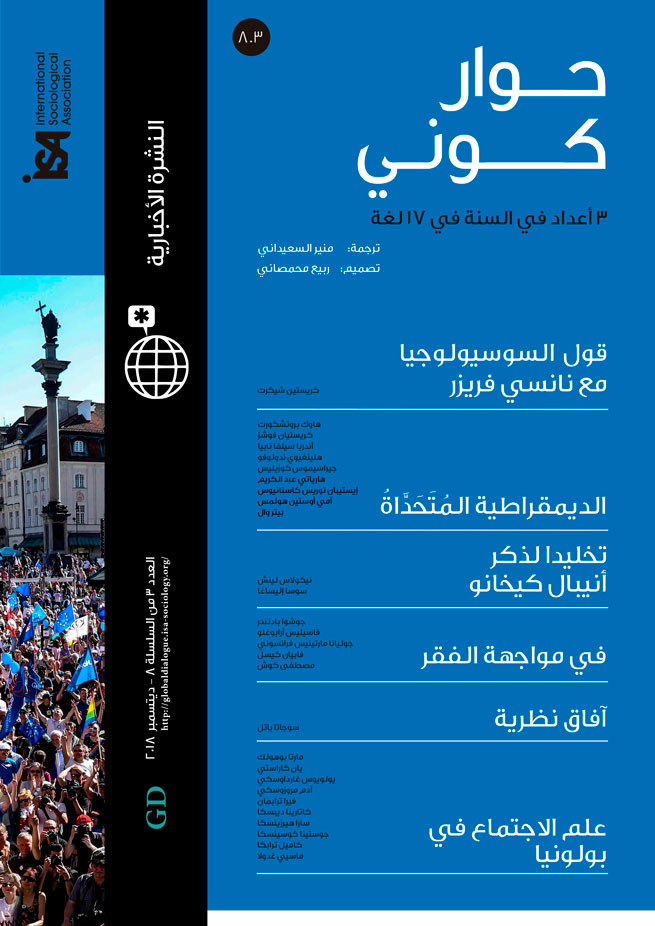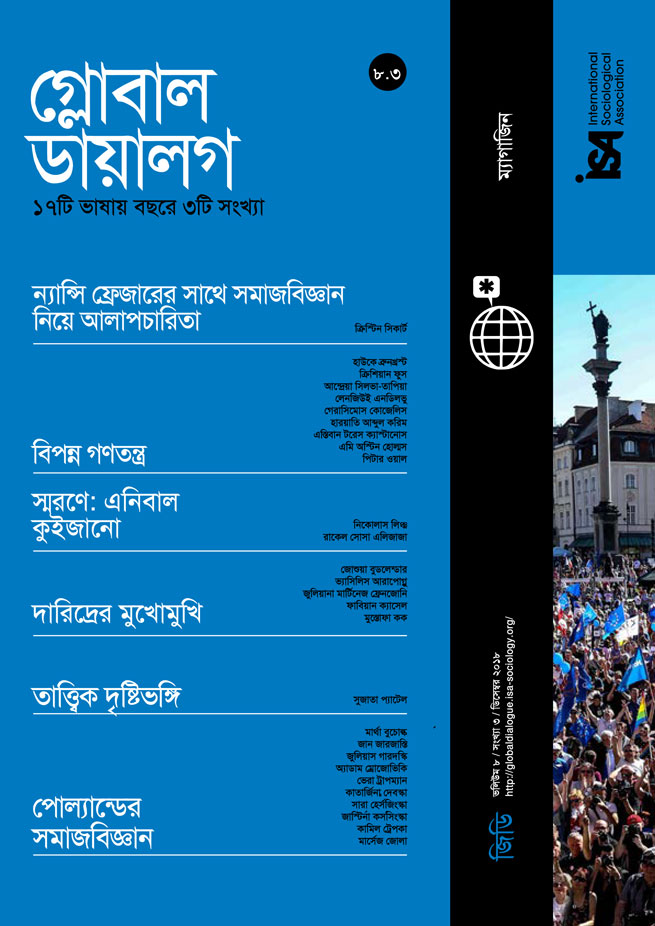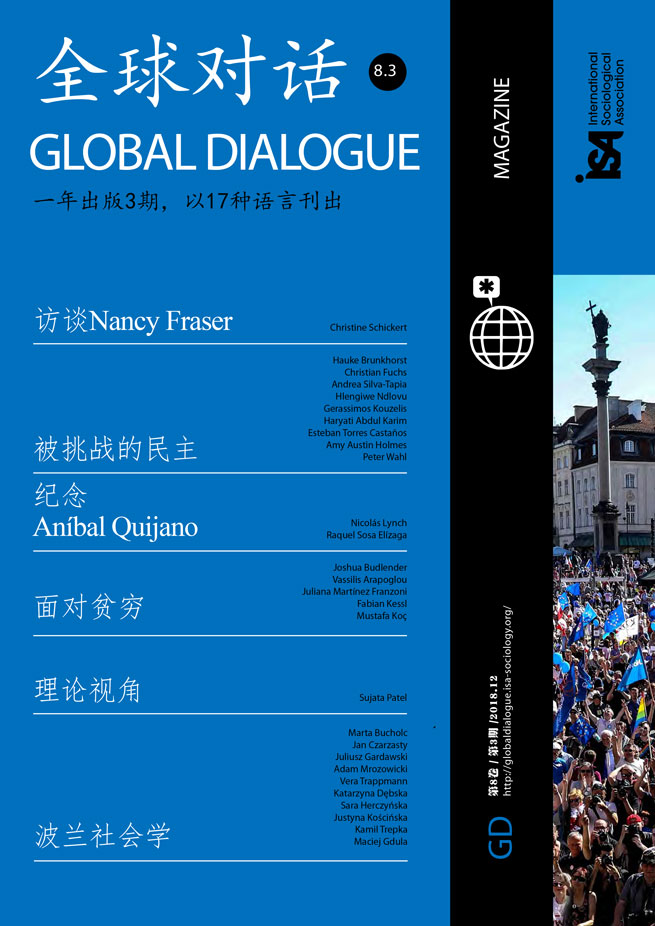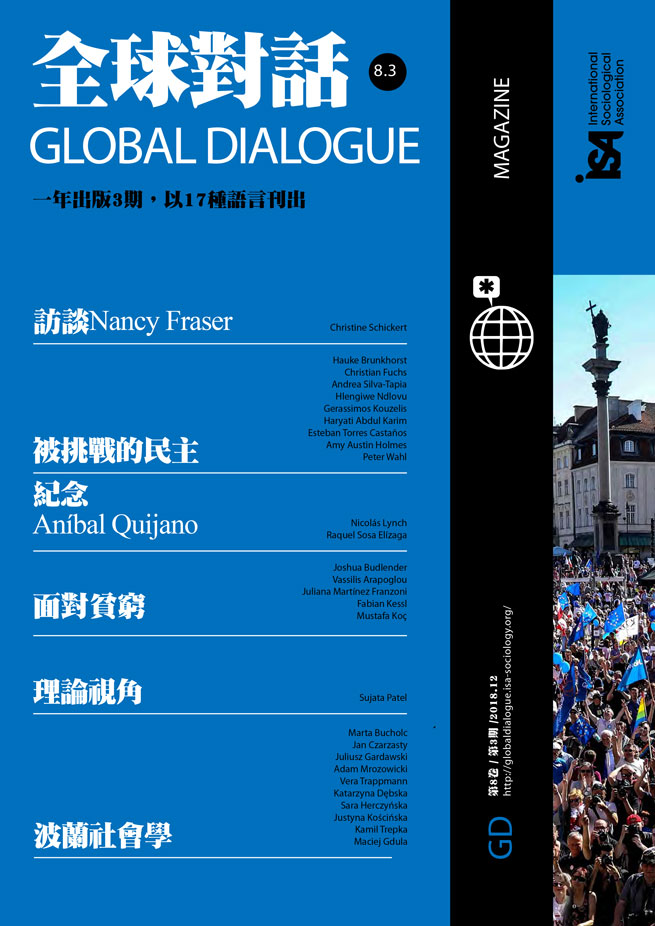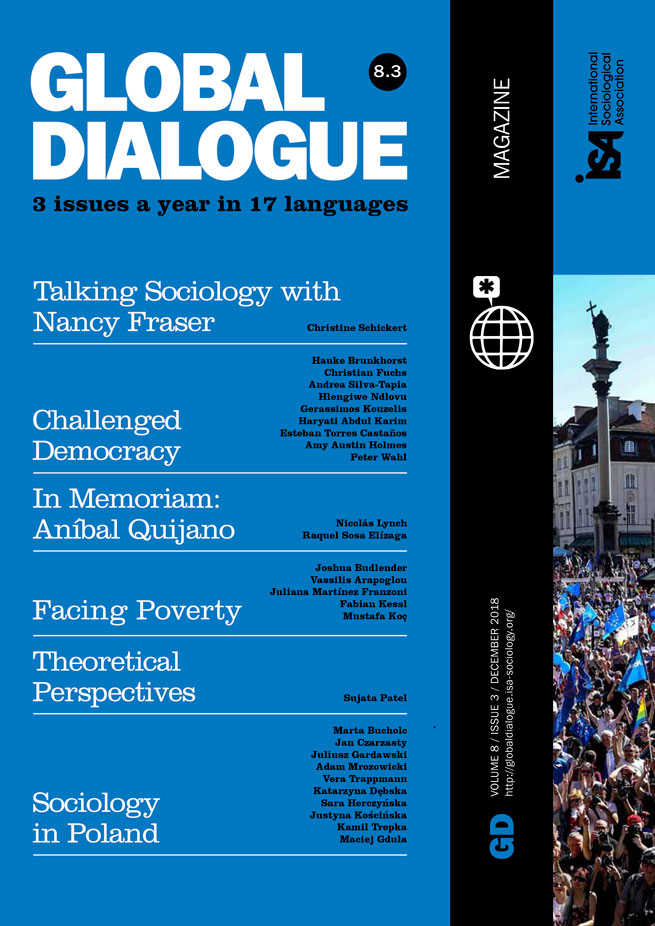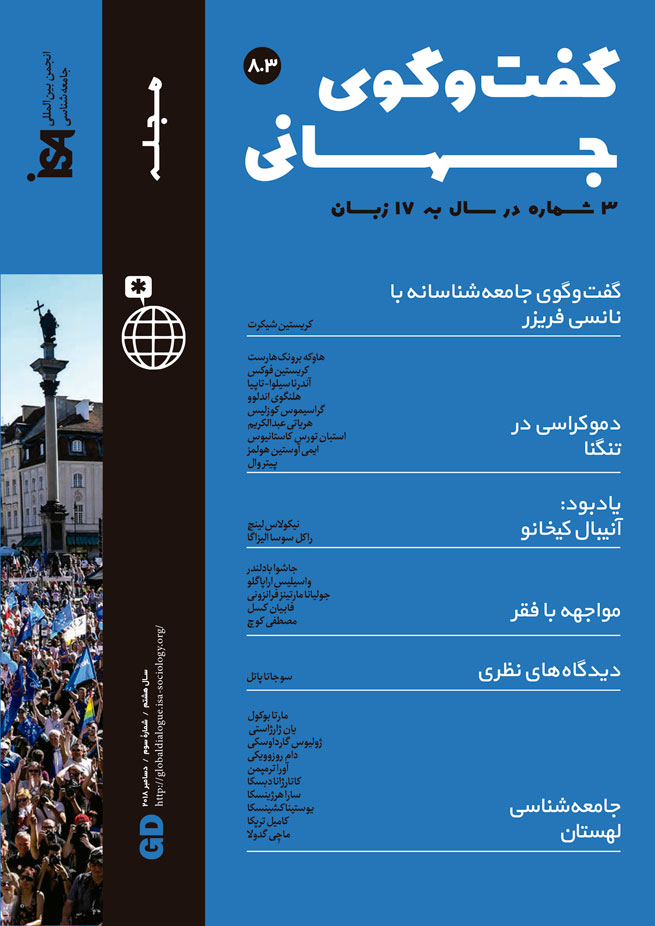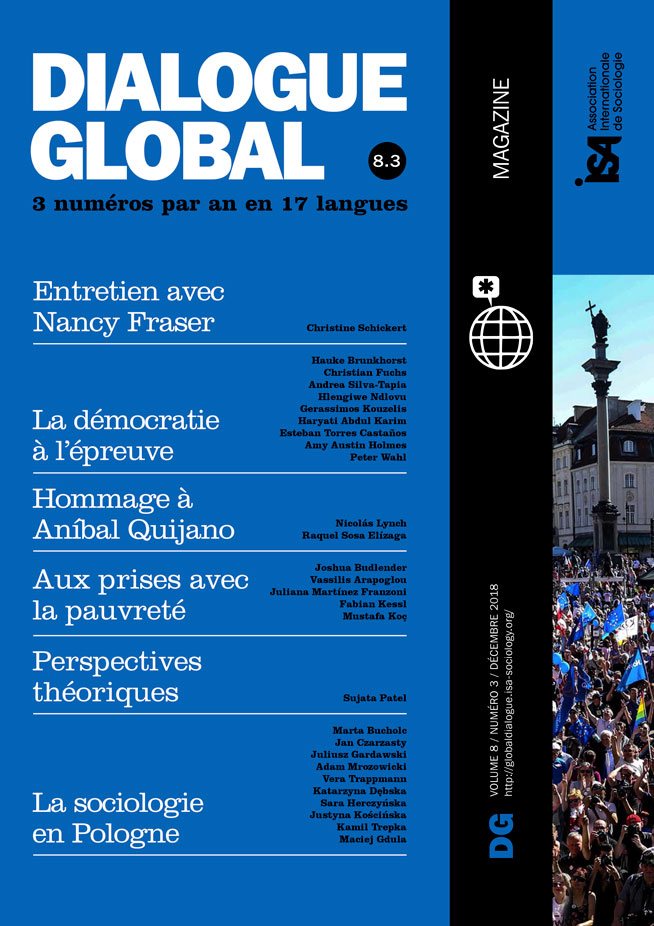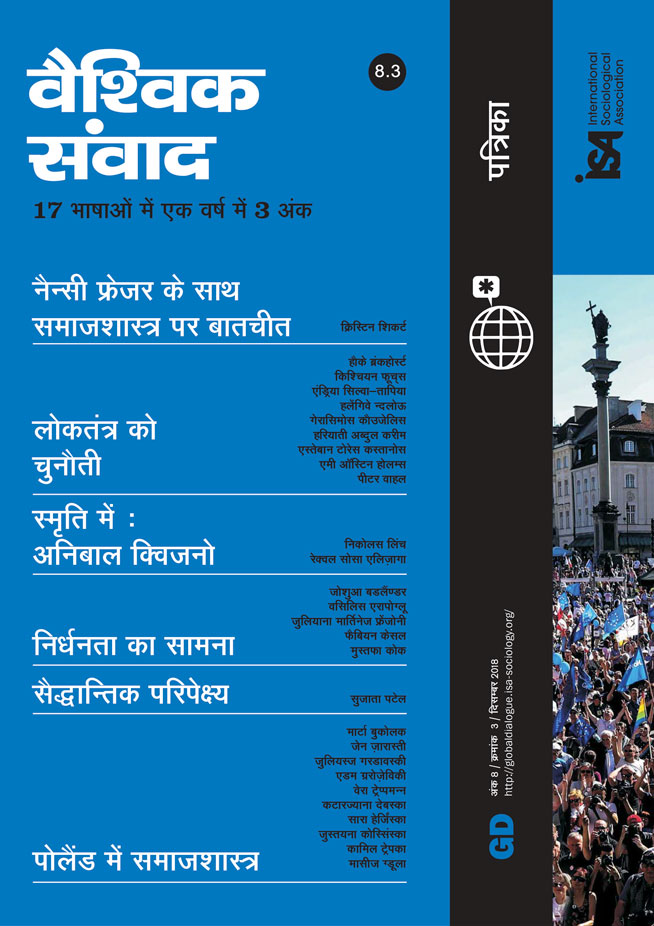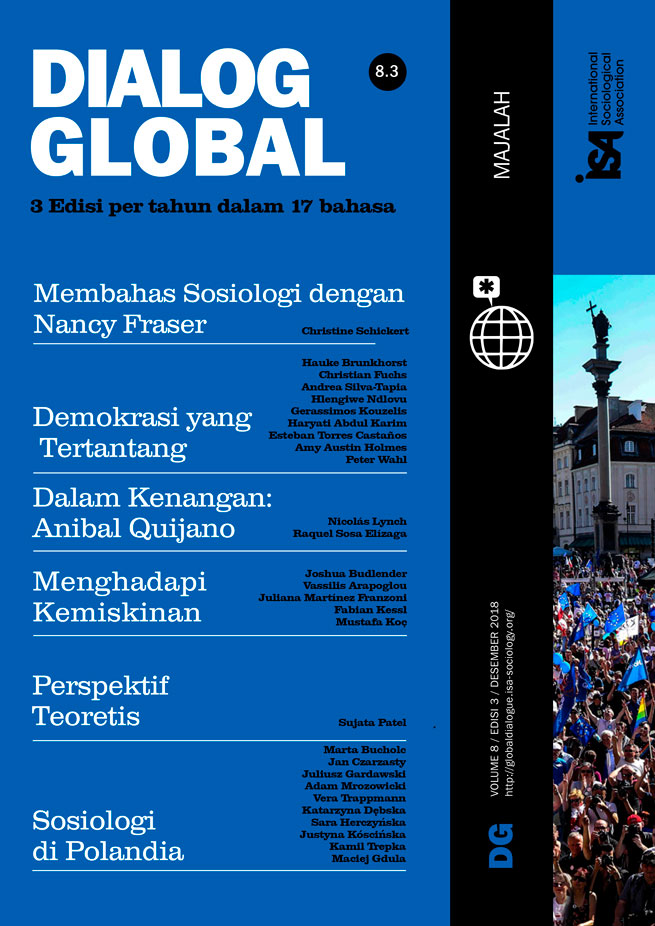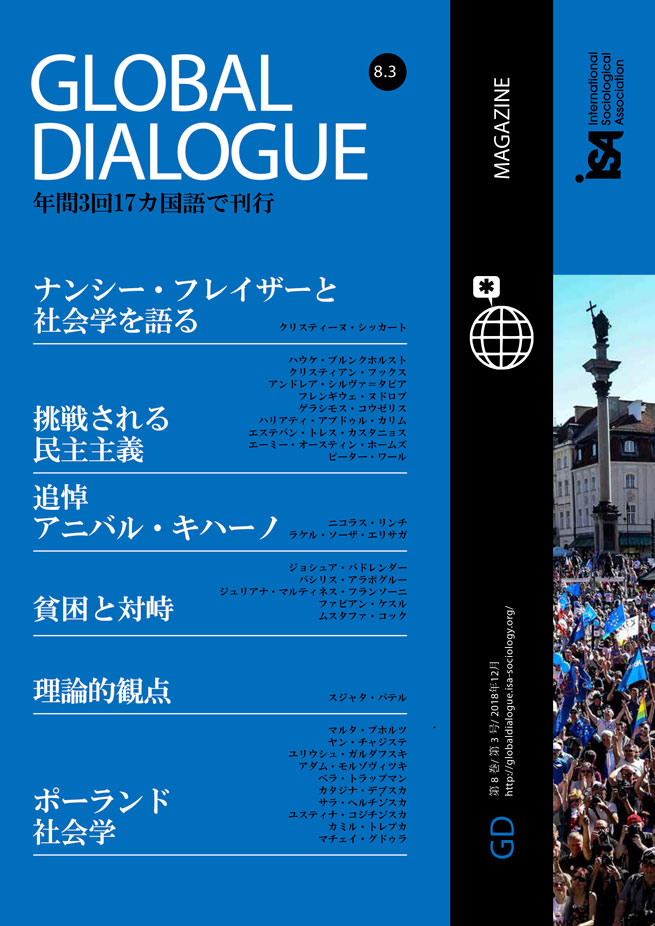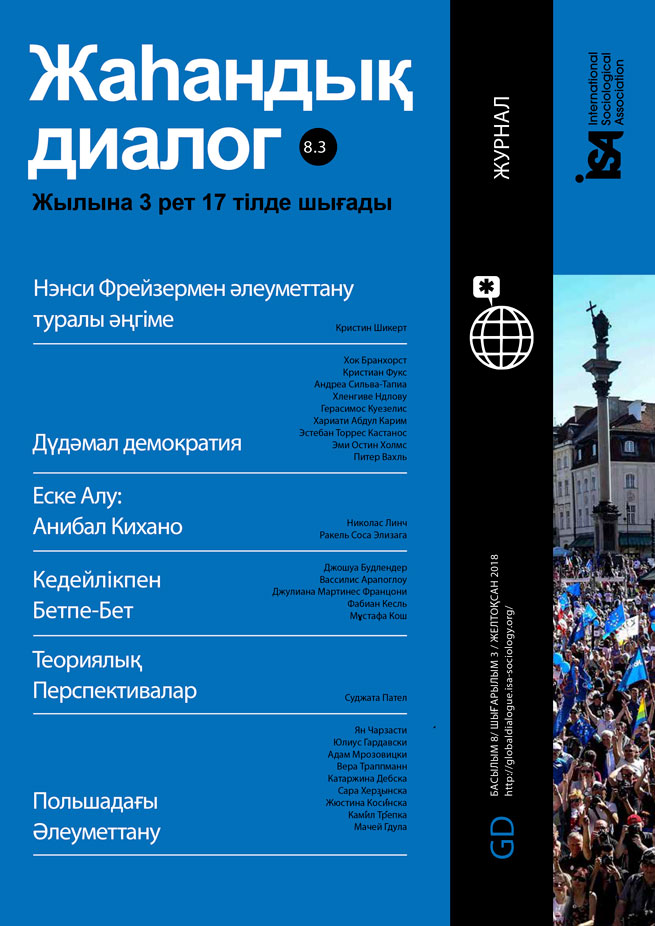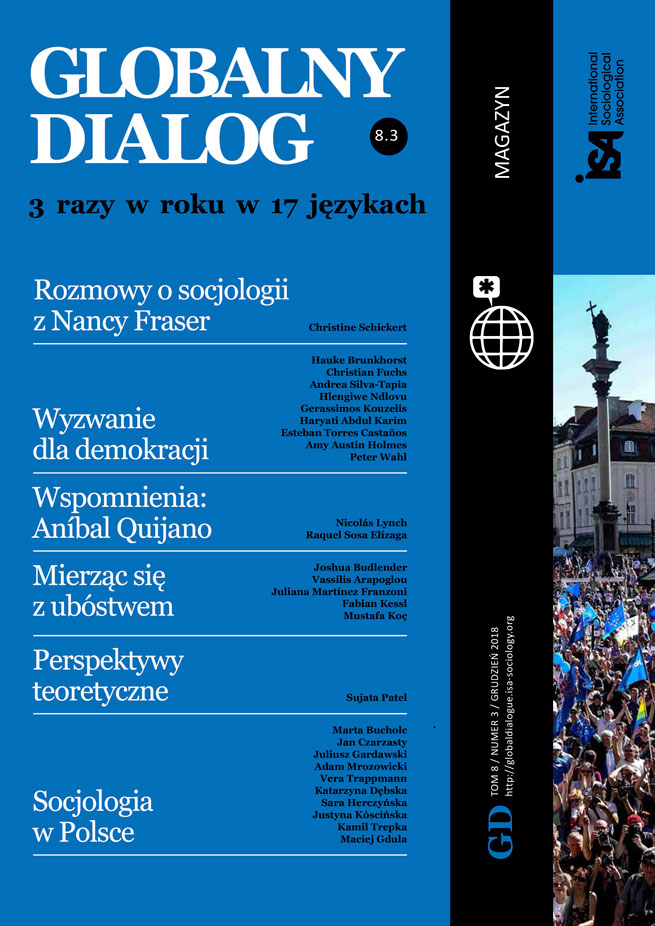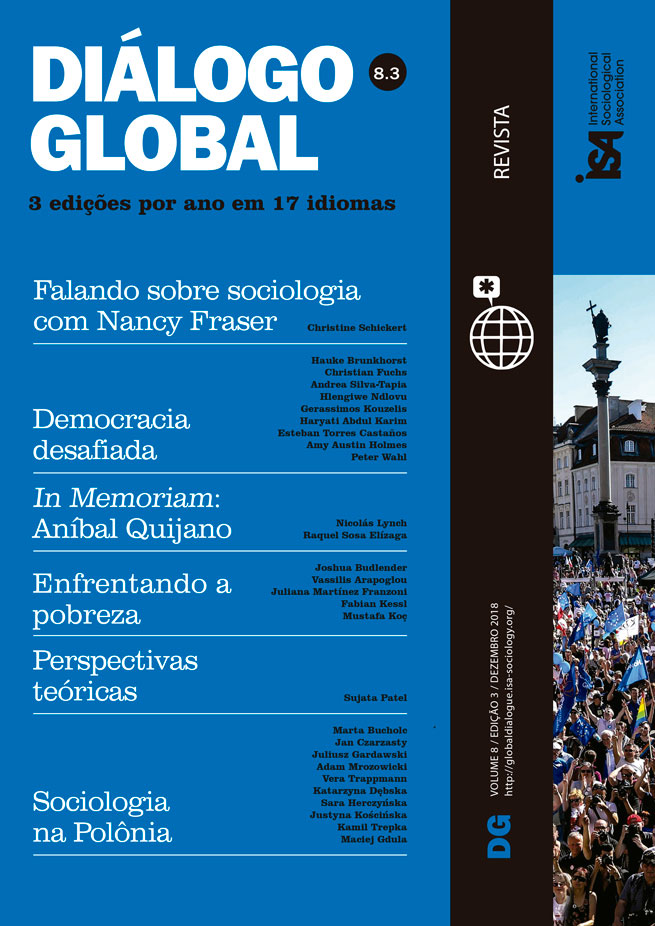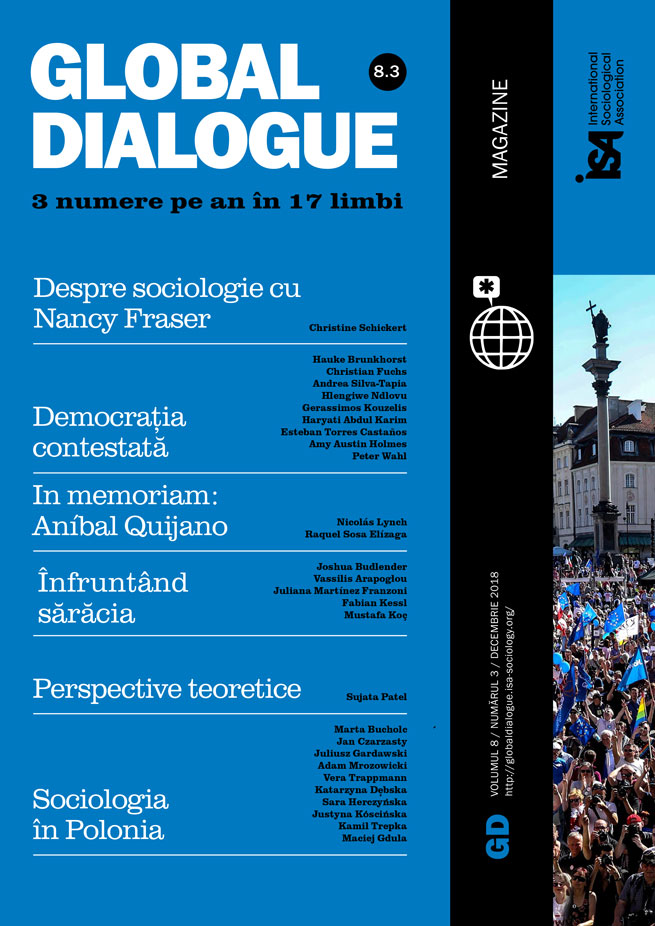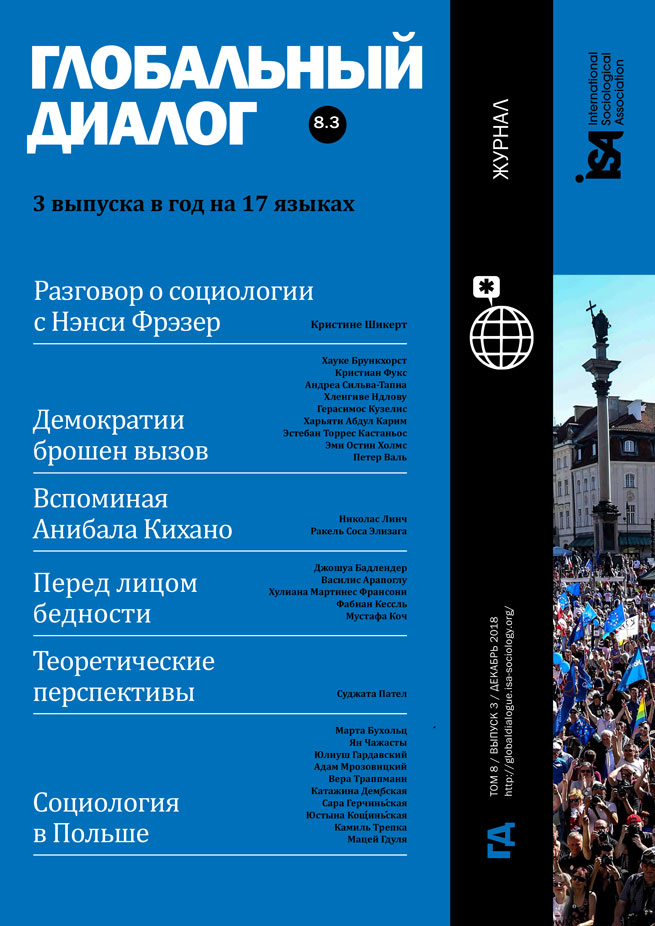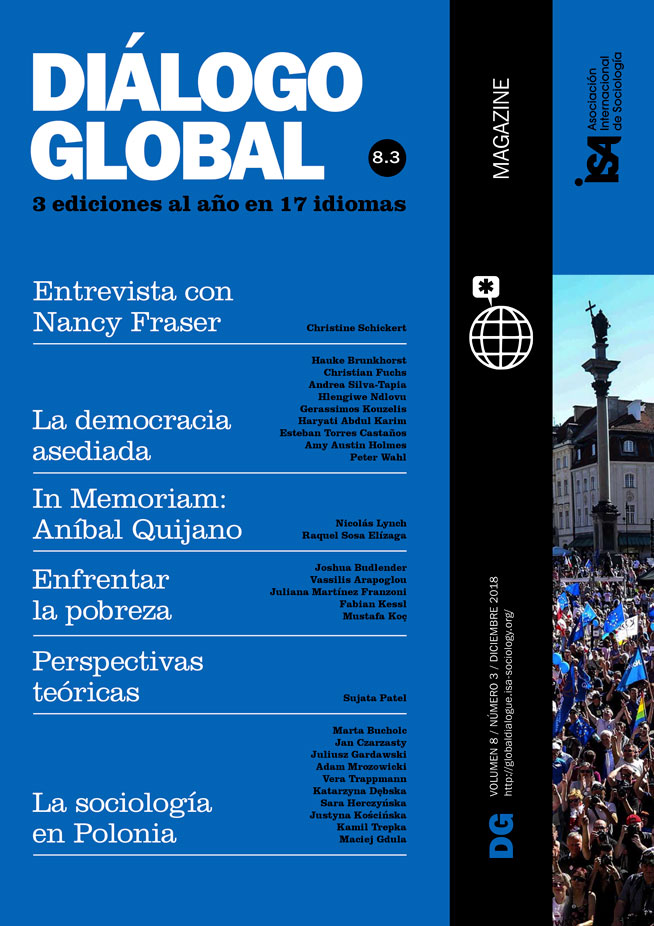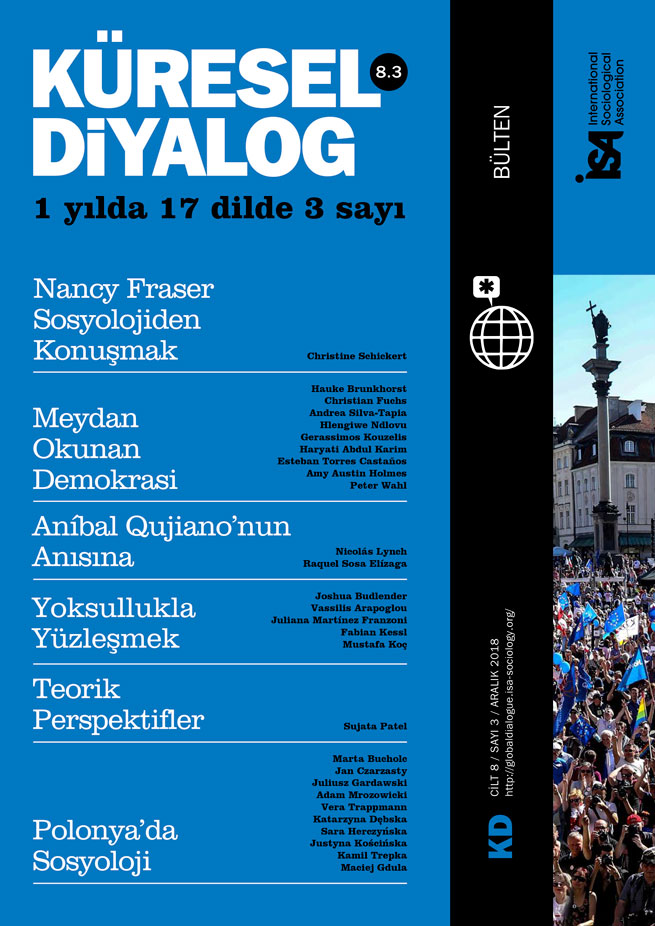Read more about In Memoriam: Aníbal Quijano, 1928-2018
Aníbal Quijano: The Joy of the Warrior
by Raquel Sosa Elízaga
December 04, 2018
Aníbal Quijano (1928-2018) has been the critical intellectual par excellence in Peru and Latin America, one who acted according to his principles. When he emerged as a sociologist in the 1960s and 1970s, criticism of the status quo was at its peak. Quijano never gave in to the siren calls of the Marxism-Leninism that reached its most barbaric expression in the Shining Path. In the 1990s, at the height of the World Bank and the International Monetary Fund’s influence, his condemnation of the subalternization of certain social categories eventually brought him to make a crucial contribution towards explaining the processes at work in contemporary Peru and in Latin America at large.
Quijano mainly worked as a professor and researcher at his home university of San Marcos in Lima, Peru, as well as at a number of other universities in Latin America and the US. As a result of his brief incursion into direct politics in the 1970s with the journal Sociedad y Política, he was deported to Mexico by the military government of Juan Velasco Alvarado, thus emerging as a public intellectual deeply committed to the struggles of the peoples of Peru and Latin America. He would indeed dedicate his life to finding out why the social and political processes which shape our society are the way they are, and to exploring the mechanisms for their transformation.
The first aspect of his contribution is epistemological. Quijano provides an explanation “from the South” for social processes in the region. In doing so, he breaks away from the tradition/modernity dichotomy derived from functionalist sociology and makes a case for historical-structural heterogeneity as the main narrative. He sees a set of forms of production coexisting in Latin American societies, organized around capital as a phenomenon which is not only national but also transnational and, eventually, global.
Quijano thereby tackled the issue of Latin America’s condition of dependency. Although he refused to refer to a so-called “dependency theory,” it is obvious that he is part of the narrative inaugurated by Raúl Prebisch and CEPAL (ECLAC in English) in the 1950s and then continued by Cardoso and Faletto and finally by Ruy Mauro Marini in the 1960s and 1970s. His engagement with the debate that emerged at the time, with different contributions on urban planning and the workforce, masterfully culminated three decades later with his global characterization of Latin America through the concept of the coloniality of power.
But Quijano also made a highly significant contribution to questions of Latin American identity: from his contribution on the process of cholificación in the early 1970s in Peru, to his revival of the writings of José Carlos Mariátegui – the great Latin American critical Marxist thinker of the 1930s – and his particular sympathy for the struggles of the indigenous peoples and the concept of the buen vivir currently fostered by various ethnic movements.
His contribution on the issue of identity is based on the concept of race. In Quijano’s view, this concept originates with the European colonization of what came to be called America, and becomes a central element in the classification of the social hierarchy prevailing in the region. Identity is built around race, and so is domination. Along with dependency, the concept of race was to be key in the construction of the coloniality of power. Quijano argues that the coloniality of power entails an external domination, of an empire over a colony or neocolony, but also an internal domination, of the ruling elite over the rest of the society – precisely due to a differential racial construction. Thus the coloniality of power becomes the main challenge for the formation of genuinely national and plurinational states in Latin America.
As we can see here, Aníbal Quijano’s theoretical creativity and his position within the tradition of autonomous social thought in the region have made him a landmark figure in the sociology of Peru and the wider continent.
Nicolás Lynch, National University of San Marcos, Peru <nicolaslynch54@gmail.com>
This issue is not available yet in this language.
Request to be notified when the issue is available in your language.
If you prefer, you can access previous issues available in your language:
